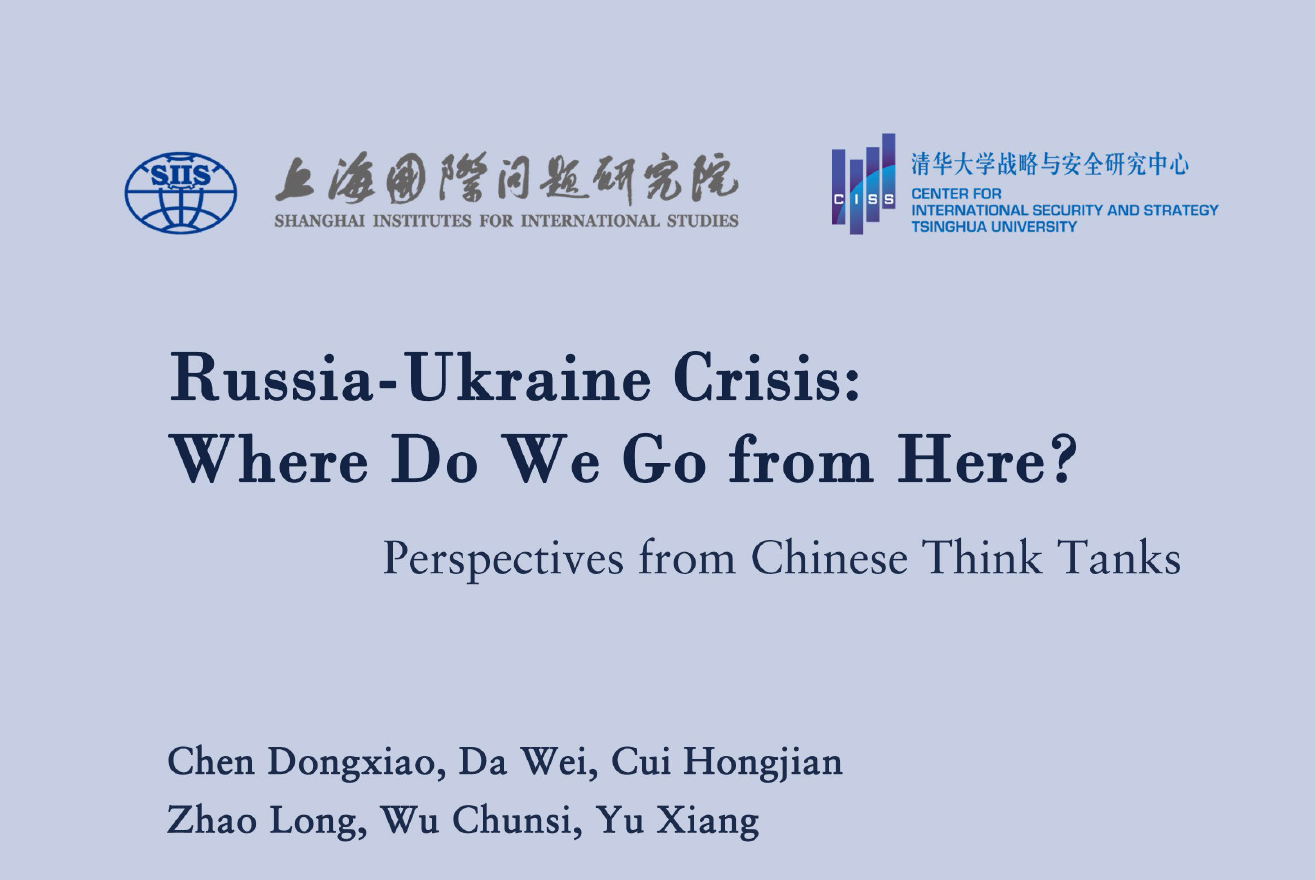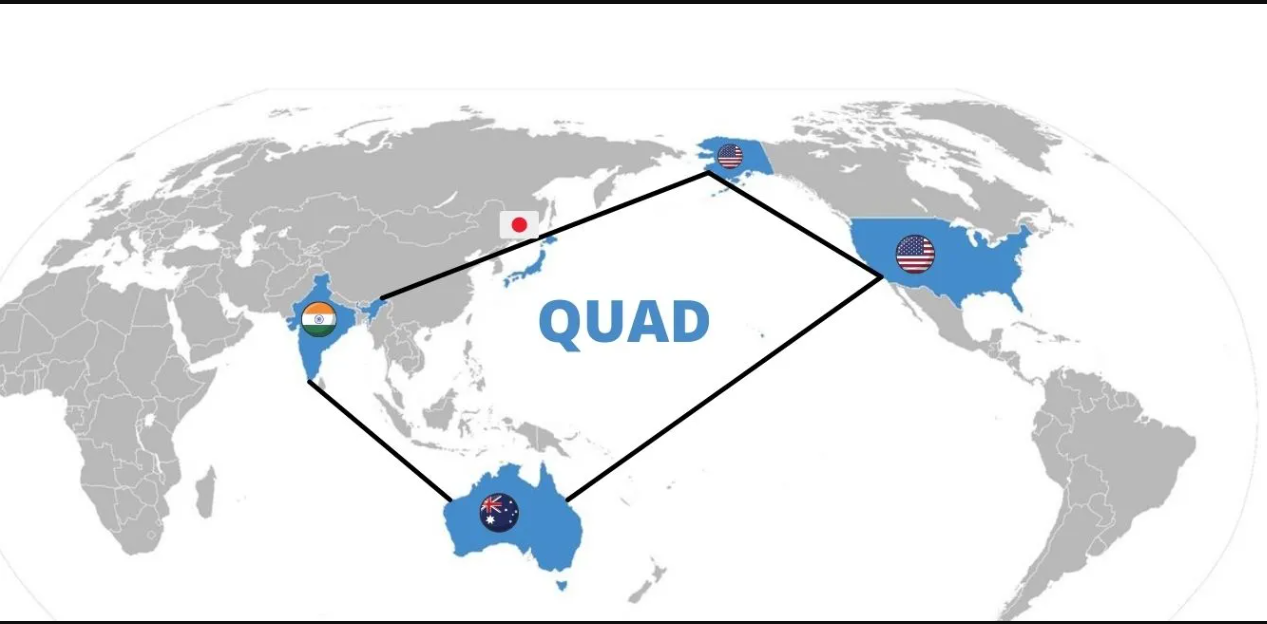He Weiwen, Senior Fellow, Center for China and Globalization, CCG
Jul 12, 2022
The systemic challenge for the U.S. is not China but the worst inflation in 40 years. In fact, fragmentation does not seem to be happening in the real world. Even an Asia-Pacific version of NATO will not likely divide the region, as China will continue to be a major trade partner.
Joseph S. Nye, Professor, Harvard University
Jun 17, 2022
When Russian President Vladimir Putin ordered his invasion of Ukraine on February 24, he envisaged a quick seizure of Kyiv and a change of government analogous to Soviet interventions in Budapest in 1956 and Prague in 1968. But it wasn’t to be. The war is still raging, and no one knows when or how it will end.
Huang Jing, University Professor at Shanghai International Studies University
Jun 17, 2022
The Russia-Ukraine war has had a direct impact on China-U.S. relations, with American rhetoric putting China in a difficult position. Going forward, prevention of conflict between the two big powers depends not only on their own actions but also on the entire international community.
Wu Chunsi, Senior Fellow and Director, Institute for International Strategic Studies at SIIS
Jun 16, 2022
The raging Russia-Ukraine conflict is a stark reminder of the urgency of effective management of weapons of mass destruction. The international community must come together to restart the long-stalled international negotiations over arms control and nuclear disarmament by fully utilizing the existing mechanisms and platforms and generating greater consensus and impetus among all stakeholders. A staunch supporter of the international arms control and nuclear disarmament regime, China adheres to its longstanding nuclear policy of maximum restraint and remains committed to the pursuit of a new path leading to a world of enduring peace and stability.
Chen Dongxiao, President, Shanghai Institutes for International Studies
Jun 16, 2022
The dominant narrative on the Chinese side is that this strategic competition between the two countries reflects the struggles for power, institutions, and perceptions, which will last throughout the rejuvenation of the Chinese nation. In general, it is thus believed that competition and struggle have been adopted as key words for both Washington and Beijing in managing their relations.

Da Wei, Director of Center for International Strategy and Security; Professor at Tsinghua University
Jun 16, 2022
Up till now, the fighting has been going on for over 100 days, with the two warring sides still in an offensive and defensive stalemate. Questions about this ongoing crisis can be listed in a long line, most of which no one can answer at this time. Yet among all the uncertainties, one thing is certain: what the Russian troops crossed on February 24 was not simply the land border between Russia and Ukraine, but rather more symbolically, the River Rubicon of the post-cold war international order.
Xiao Bin, Deputy Secretary-general, Center for Shanghai Cooperation Organization Studies, Chinese Association of Social Sciences
Jun 07, 2022
Alienating Russia will not increase stability for Europe, nor will Russia disappear as a result of the Ukraine war. But Russia’s old power model — needlessly using force to punish countries for switching sides — needs to change.

Zainab Zaheer, Development Consultant
May 20, 2022
Besides tackling COVID-19 and climate change, a unifying force within the Quadrilateral Security Dialogue is undoubtedly the member countries’ response to China. As the May Quad summit is underway, analysts must assess both how the Quad will react to China as well as how China will respond to the Quad alliance.
Yang Wenjing, Research Professor, Institute of American Studies, CICIR
May 18, 2022
Views differ on what triggered the current conflict. But whatever the pros and cons of NATO expansion, the conclusion must be that China, not Russia, is the greater long-term, structural and potentially lethal challenger to America.
Wu Zurong, Research Fellow, China Foundation for Int'l Studies
May 12, 2022
Differences over the rules for world affairs will not be resolved easily and won’t be resolved in favor the U.S. Countries are interdependent, and a divided world serves no one’s best interests.